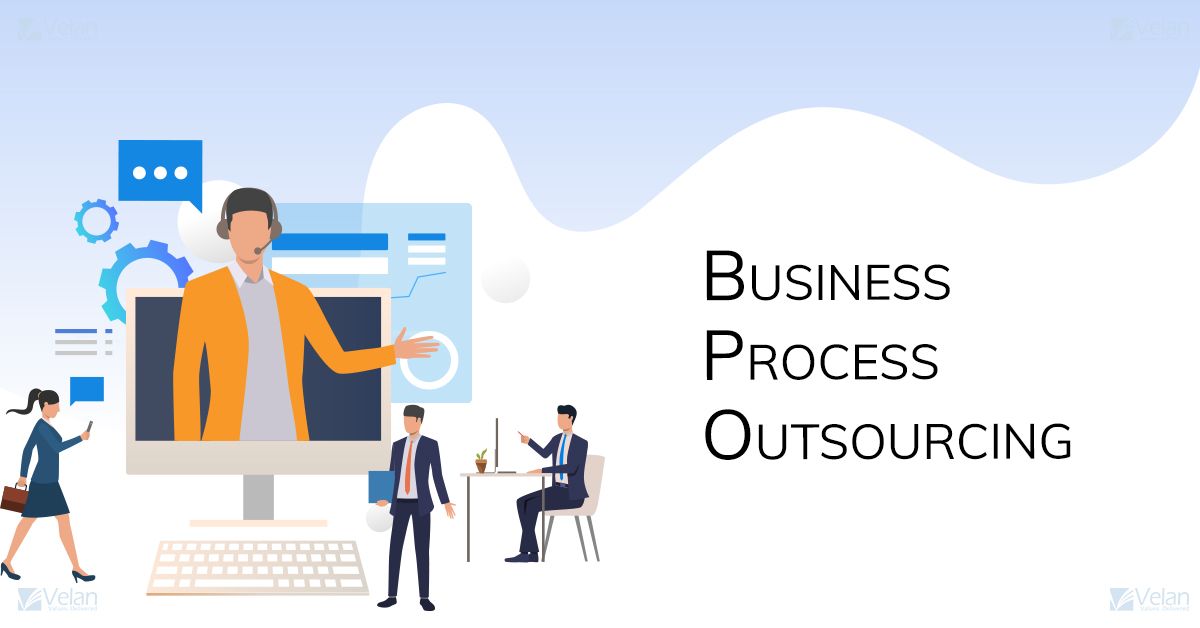Business Process Outsourcing (BPO) refers to the practice of contracting specific business operations and tasks to external service providers. By outsourcing non-core functions, companies can focus on their core competencies and achieve greater efficiency, cost savings, and improved customer satisfaction. BPO has become increasingly popular across various industries, providing a wide range of solutions to streamline and optimize business processes.
Types of BPO Solutions
There are various types of BPO solutions available, depending on the specific needs and requirements of a company. These can be broadly categorized into the following:
1. Back-office Outsourcing
This type of outsourcing involves the delegation of internal operational functions, such as finance and accounting, human resources, data entry, payroll processing, and other administrative tasks. By outsourcing these functions, companies can reduce costs, enhance productivity, and ensure compliance with regulations.
2. Customer Support Outsourcing
Customer support outsourcing involves the outsourcing of customer-facing activities, including managing customer inquiries, providing technical support, handling complaints, and order processing. Outsourcing customer support can improve response times, enhance customer experience, and reduce operating costs.
3. IT Outsourcing
IT outsourcing involves entrusting the management and maintenance of an organization’s IT infrastructure and systems to external service providers. It includes services like software development, network management, database administration, cybersecurity, and technical support. IT outsourcing allows companies to access specialized expertise, reduce infrastructure costs, and focus on core business processes.
4. Knowledge Process Outsourcing (KPO)
KPO involves the outsourcing of high-level knowledge-based tasks, typically requiring advanced analytical and technical skills. These tasks may include research and development, data analysis, financial modeling, market research, and legal services. KPO enables organizations to access specialized knowledge and expertise while reducing operational costs.
Benefits of BPO Solutions
Implementing BPO solutions can offer numerous benefits to organizations:
1. Cost Savings
Outsourcing business processes to external service providers can significantly reduce operational costs. Companies can leverage economies of scale and benefit from the lower labor costs in offshore locations. They can also eliminate the need for capital investments in infrastructure, technology, and hiring and training employees for non-core functions.
2. Focus on Core Competencies
By outsourcing non-core business functions, companies can focus on their core competencies and strategic objectives. This allows them to allocate resources, time, and energy to activities that directly contribute to their competitive advantage and overall growth.
3. Access to Expertise and Technology
BPO providers often have specialized expertise and access to advanced technologies that may be expensive or challenging for companies to acquire on their own. By partnering with these providers, organizations can gain a competitive edge by leveraging their industry knowledge, best practices, and cutting-edge technologies.
4. Improved Flexibility
BPO solutions offer flexibility in terms of scalability and resource allocation. Companies can easily scale their operations up or down based on demand fluctuations without the need for significant investments or workforce adjustments. This agility allows organizations to adapt quickly to changing market conditions.
5. Enhanced Productivity and Efficiency
By outsourcing time-consuming and repetitive tasks, companies can increase their overall productivity and efficiency. BPO providers, with their streamlined processes and specialized expertise, can often complete these tasks more quickly and accurately, allowing employees to focus on core activities and value-added tasks.
6. Improved Customer Satisfaction
Outsourcing customer support and related activities can lead to improved customer satisfaction. BPO providers with trained professionals can handle customer inquiries promptly, provide 24/7 support, and maintain high service levels, ultimately enhancing the customer experience.
Challenges and Risks
While BPO solutions offer significant advantages, companies must also be aware of the potential challenges and risks associated with outsourcing:
1. Data Security and Privacy
Outsourcing critical business processes involves sharing sensitive data and information with external providers. Ensuring data security, privacy compliance, and protecting intellectual property become vital concerns. It is crucial to establish robust security measures, confidentiality agreements, and thorough vendor due diligence to mitigate these risks.
2. Quality Control
When outsourcing key processes, maintaining quality standards can be a challenge. Companies must establish rigorous quality control mechanisms, performance metrics, and regular communication channels to ensure that the outsourced operations meet the desired standards and align with the company’s overall objectives.
3. Cultural and Language Differences
Outsourcing to offshore providers introduces potential challenges related to cultural and language differences. Communication barriers, time zones, and cultural nuances can impact collaboration, understanding, and efficient execution of outsourced tasks. Establishing effective communication channels and mechanisms for knowledge transfer is critical to overcome these challenges.
4. Dependency and Loss of Control
Outsourcing vital processes may result in a certain level of dependency on external providers. Companies must carefully manage this dependency to ensure that they do not lose control over critical operations or suffer any disruption in service. Clear service level agreements (SLAs), performance monitoring, and contingency plans should be established to mitigate these risks.
Conclusion
Business Process Outsourcing (BPO) solutions offer significant benefits to organizations across various industries, allowing them to optimize their operations, reduce costs, and improve customer satisfaction. From back-office functions to customer support and IT services, outsourcing non-core activities enables companies to focus on their core competencies and achieve greater efficiency and productivity. However, it is crucial to address the potential challenges associated with outsourcing, such as data security, quality control, cultural differences, and dependency, to ensure successful implementation and mitigate risks. By making informed decisions, businesses can leverage BPO solutions to enhance their competitiveness and drive growth in today’s dynamic business environment.
